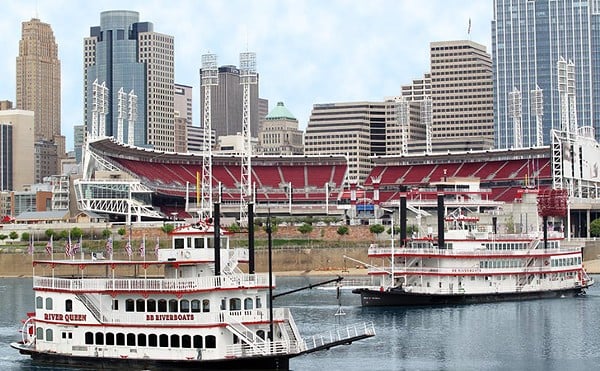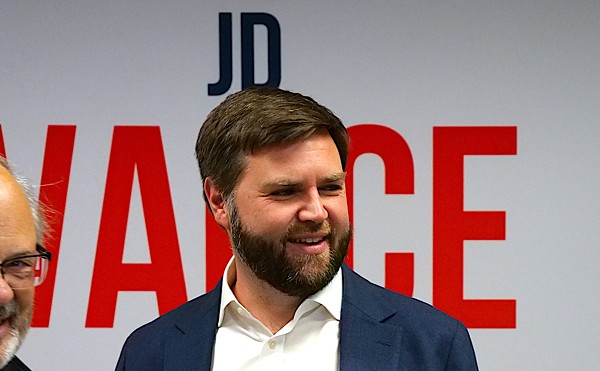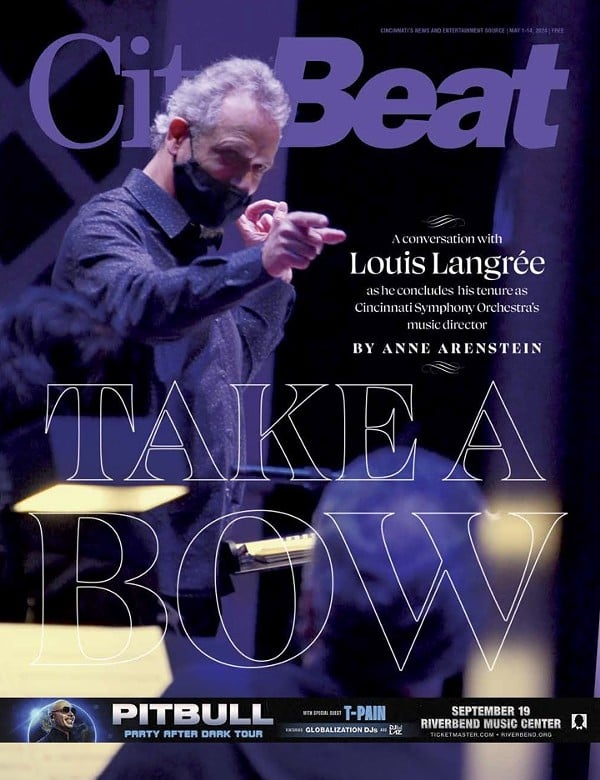|
Violence doesn't just materialize out of thin air; it's rooted in life experience. Getting at the source of violence means taking a clear-eyed look at violent behavior and that from which it grows. That's the goal of the second Father and Son Retreat hosted by the Family Violence Prevention Project (www.embracehope.org) held during October, Domestic Violence Awareness Month.
The usual ways of reducing violence in our society haven't worked, so it's time for a new approach, according to Calvin Williams, program director for Lighthouse REAL Dads (www.lys.org), one of the event organizers.
"We've got to stop trying to beat people over the head and trying to make them behave the way we want," he says. "We've got to go in and start figuring out what's really bothering (men). Nine times out of 10 it's from the family origin and what didn't go well there. We've got to see men as hurt human being and not just these despicable monsters out there perpetrating all this violence.
"What we're saying with this type of initiative is that, as opposed to talking to men about domestic violence — how it's happening, what men's roles are, how it shouldn't be happening, what you should be doing to prevent it — we want to first go deeper. Say, 'Where is the violence, the hurt and the pain in your own life?'
Then we want to talk about and examine ways to not transfer that to your children, to your sons, who will then go out later in life and, without some intervention in this area, could possibly become perpetrators of violence themselves based on their own unmet needs and emotional stress."
'What I need'
The first retreat, held in 2006, is the basis for the Oct. 26-28 weekend at Woodland Lakes in Amelia. Some of the life experiences shared by the fathers last year — "violence perpetrated by stepfathers; violence in the form of inappropriate discipline techniques; violence in the form of being an infant, toddler, preschool-aged child and having critical needs not met" — serve as an example of the violence they experienced and still influence their behavior, Williams says.
"I believe the actual deep, deep core of violence in the community comes from physical, psychological and emotional violence in families," he says. "The bottom line is when people's needs aren't met ... the nurturance, patience, compassion and respect that they need — it hurts. In turn, given enough of that over time, and add in some intense circumstances like extreme poverty, drugs or alcohol, the violence is going to come. It's going to come out primarily on those that are closest to me."
Describing an exercise from the first retreat, Williams says the sons were put together in a group to learn about basic human needs and then prioritize what they wanted their fathers to provide. When the fathers and sons came back together, the boys voluntarily stayed together in a cluster. One by one the boys stood up and said, "Here's what I need from you."
"There was a huge emotional struggle with the fathers to hear their sons saying that. One, it goes against that typical parenting: 'I shouldn't be hearing this. I work hard, I do all I can.' Secondly, the father's feelings of inadequacy, guilt, shame really drove them into some pretty strong states of emotion, not so much anger, but I would call it a combination of fear and grief over the fact that, as good as they think they're doing, they're missing the mark in some areas with their child. We're getting into the DNA of these relationships, getting in to where things hurt, where things are hard."
Approaching Dad
Digging into family history is hard, according to one of the fathers at the event last year, Terry Alexander, also known by his stage name, Hip Hop beat-boxer Chesta T. He describes the session the fathers had while their sons talked about needs as extremely difficult — and essential.
"A lot of the fathers had to look down the hardest points of our lives. ... Self-reflection, taking the time out, comparing our lives to other father's lives was a big help," Alexander says. "Sharing a collective knowledge of parenting skills and a lack of parenting skills; humbling ourselves to say that we want to be the best fathers but we're not always certain and to share that with our sons, to let them know that if you do become a father it's OK to humble yourself."
Ade Alexander, 13, thinks the weekend has made a difference in his relationship with his father.
"I've been able to come to my dad a lot more," Ade says. "We understood each other a lot more, and we've been using some of the things that we learned. We learned a lot about each other and got to understand each other better. We learned how to interact with our father if we feel uncomfortable or if we want to talk to them about something — how to do that."
More than a "touchy-feely" way to dance around the issue of violence, the Father and Son Retreat is not for the faint of heart because it's confronting the problem instead of merely reacting to it.
The Father and Son Retreat is for boys ages 10-14 and their fathers. The program is free. To register, call 513-487-7102 or write [email protected].





